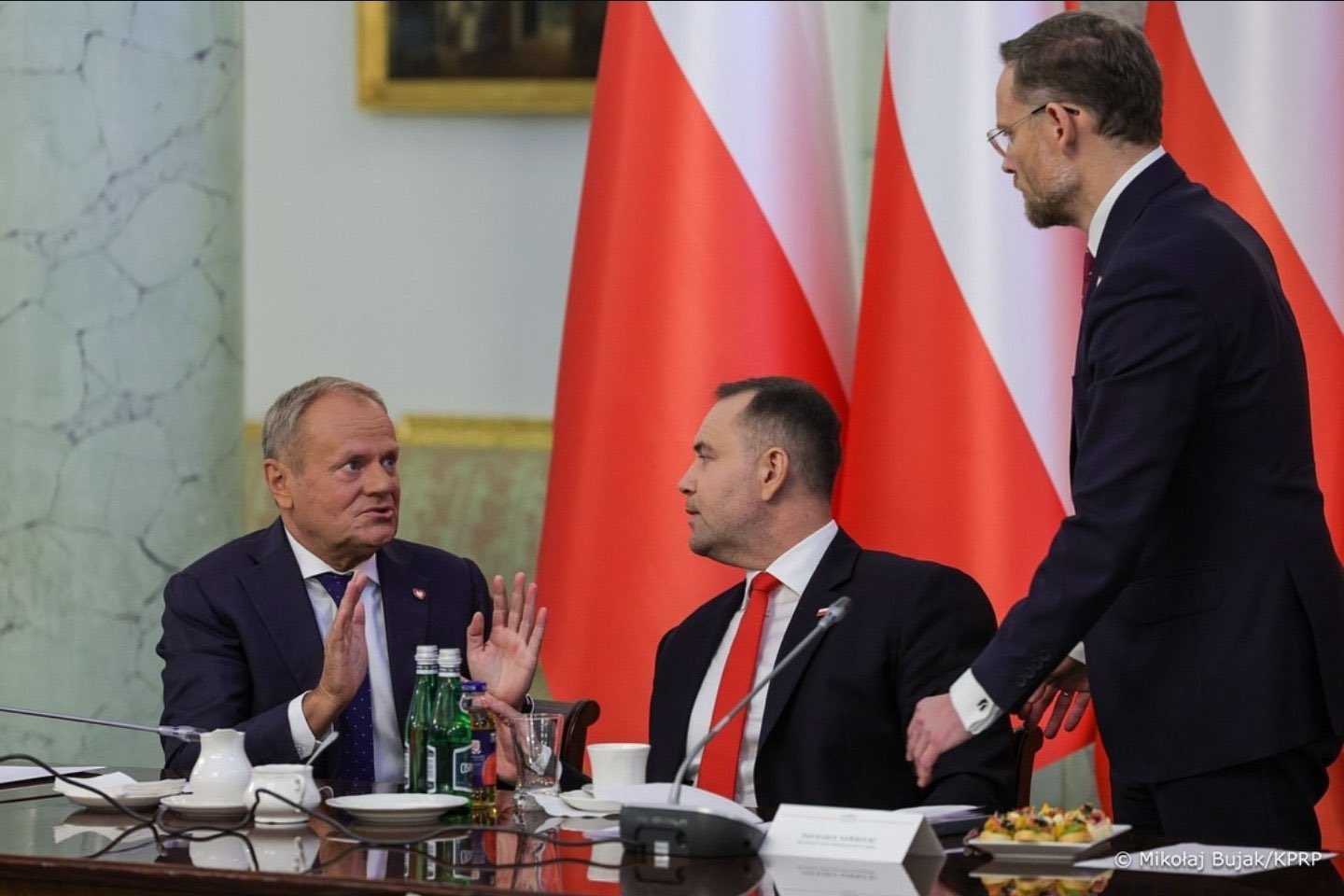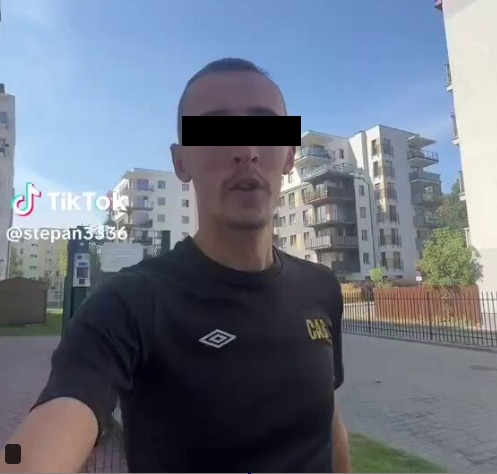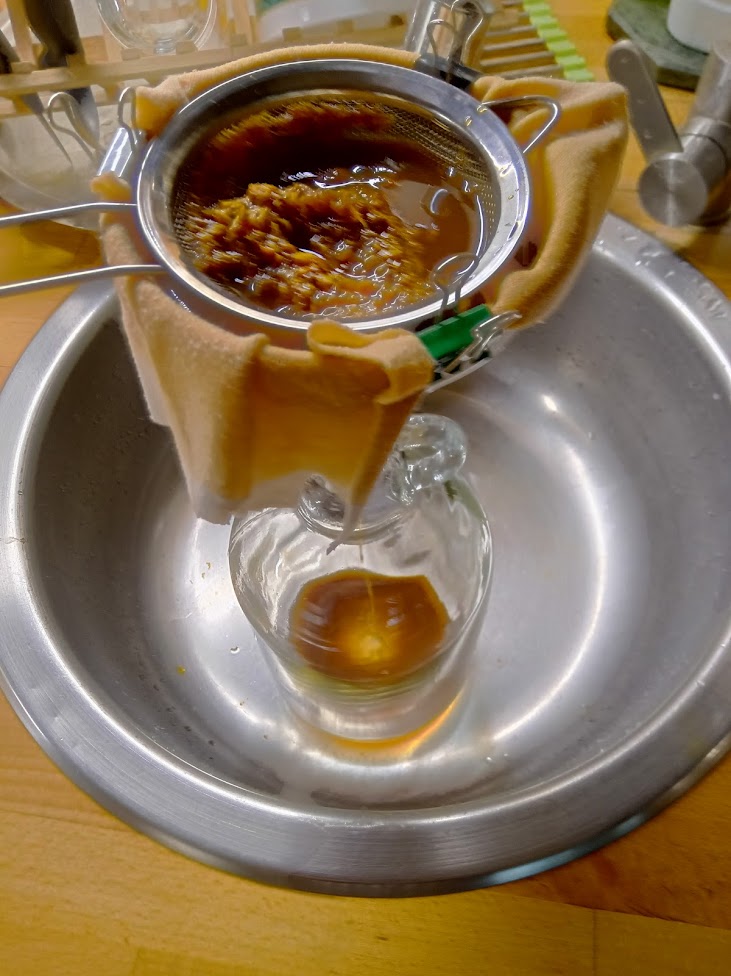Synodical improvement of the Church in Poland and a fresh consequence to sexual abuse by clergy: these are the subjects that dominated the gathering of bishops. The ideological offensive of Barbara Nowacka was besides discussed. What did the bishops decide?
On 19 July the 399th plenary gathering of the Polish Episcopal Conference ended. The Hierarchs discussed a number of issues, but according to media communications, the deliberations dominated 2 issues – the Synod of Synodality and sexual crimes committed by clergymen. There is besides a increasing problem of Barbara Nowacka's actions, which is trying to transform the Polish school into the key of left-wing ideology.
Synod reforms in Poland
No explicit decisions were made regarding the Synod of Synod. The bishops agreed on the request to rebuild the functioning of the Polish Episcopal Conference itself, so that its organs were more "synodical". The Apostolic Constitution of Pope Francis of Praedicate Evangelium was established, which reformed the operation of the Roman Curia. This is simply a serious problem. Why? due to the fact that Praedicate Evangelium has led the Vatican to unobvious changes. In 2021, it was possible for the Congregation for the Doctrine of religion to issue a decision based simply on the Tradition of the Church, without taking into account the circumstantial optics of Pope Francis. After the reform, it's completely different. Francis placed Cardinal Victor Fernández at the head of the renewed “Dicastery of the Doctrine of Faith” of his compatriot, and this one, without any consultation with the remainder of the Church, cancelled the decision of 2021 and gave approval to bless LGBT couples, leading to a terrible crisis in the Church. If this is what “synodality” looks like after “Praedicate Evangelium”, I truly do not know what reforms in the KEP mean.
Is it simply about a broader inclusion of laymen in the work of the KEP in connection with the officially promoted intent of synodality? That wasn't revealed. Even if this were the case, 1 thing must be remembered: in the planet there are frequently “clericized” laymen, i.e. those who are organized and financially associated with church institutions, who depend on bishops and who are actually deprived of their own opinion. However, we will see what KEP will truly do. I hope that there will be a press conference soon, where circumstantial and detailed information on the improvement plans can be obtained.
On synod changes at the Episcopal meeting, the mandatory character of diocesan and parish councils was highlighted. It's more specific, but...
Such advice already exists in Poland, although not everywhere; it is frequently very apparent. For example, what is the "compulsory council" which the parish priest calls in its entirety and, in the event of disagreement, simply lists its members? This year a fresh statute of parish councils was drawn up in the Diocese of Warsaw-Prague, indicating their hybrid character: any members come from the appointment of the parish priest, any by choice.
However, the organisation of reliable and authentic choices to specified advice is not a simple thing or, above all, apparent in a situation where there were no specified things. From here you can only talk about the very first process of change.
It can be said somewhat humorously that it is possible that, before the democratisation of diocesan and parish structures is rooted in the Catholic Church in Poland, democracy in the political planet will already be an outcast. possibly that's better.
Problem of sexual abuse
The KEP communication besides states that the bishops listened to the study on the creation of a peculiar “expert commission” to address the problem of sexual abuse in the Catholic Church in Poland. Again: it is hard to say anything circumstantial about this, due to the fact that the draft paper is only in the process of consulting lawyers in the KEP.
In addition, the bishops met with representatives of alleged injured people – behind closed doors. Only a fewer general statements were publically given, about the ‘material conversation’, ‘heartyness’, ‘cooperation’ and ‘heart level’. What's to come of it, you don't know.
However, on this occasion I draw attention to the fundamental problem facing the Catholic Church in another countries.
The substance of the alleged wounded is very easy and willingly utilized by progressive environments to formulate demands for a doctrinal, moral and disciplinary revolution in the Church. We are mainly witnesses of this in the Germanic countries, but partially besides in the Anglo-Saxon space.
W Germany is trying to give the alleged harmed theological meaning, convincing – a small simplistic – that they talk the Holy Spirit and the postulates that they formulate should be treated as being done to the Church by God.
I do not think that there is simply a strong possible in the Catholic Church in Poland; however, the appointment of any advice or commission of the alleged hurt people entails the hazard of giving this group disproportionate significance. As a result, there may be suggestions for structural reforms that would respond not at all to the authentic problems of the Church, but alternatively to the general social pathologies of fresh decades.
The Church is always a kid of her time and the overwhelming number of problems in it reflects the same problems in the secular community. Peedophilia and hiding the perpetrators? I did! What about politics, culture and art? The sensitivity of modern times to cases of sexual abuse has already changed; the introduction of extremist organisational and structural reforms present may in fact come down to artificial construction of further problems.
I am more curious in the fight against homosexual clique, which in many places of the Catholic Church in Poland has spread to specified an degree that clergymen organize orgies with fatalities. But about this – silence.
Ideological Revolution of Barbara Noawcka
Bishops besides discussed educational topics. There are 2 things: spiritual lessons at school and alleged wellness education. In this first case, as we know, there is simply a sharp dispute with the government and a stringing. From my perspective, it is mostly barren, due to the fact that although it is not good in itself, it is simply a much more crucial question than the hourly dimension that concerns the intent of the catechesis and the content given to the students. Briefly: ubiquitous school catechesis after 30 years gave effect in the form of galloping laicization, it requires a decisive interior reconstruction. This, I think, should focus on efforts: how to make the lessons of religion a tool for strengthening Catholic, decisive identity.
On wellness education, bishops presented criticism in the Communication about "imposing the law in force in Poland, reconciling parents' rights to decide on children, threatening the appropriate improvement of the kid and its welfare". These are correct observations, and I hope that the hierarchs will clearly present the wickedness of Barbara Nowacka's idea. Above all, however, it is essential to mobilise laymen who will have a strong influence on the political sphere.
In summary, the alleged "synodality" remains in the sphere of full generals; the issue of sexual abuse is moving towards the creation of any commissions, without referring to the problem of the lavender influence network; on education, the burden lies in the sphere of politics and hence worldly people.
Based on authoritative messages: so much can be said present about the future of the Church in Poland after the 399th gathering of the CEP.
Paweł Chmielewski


















